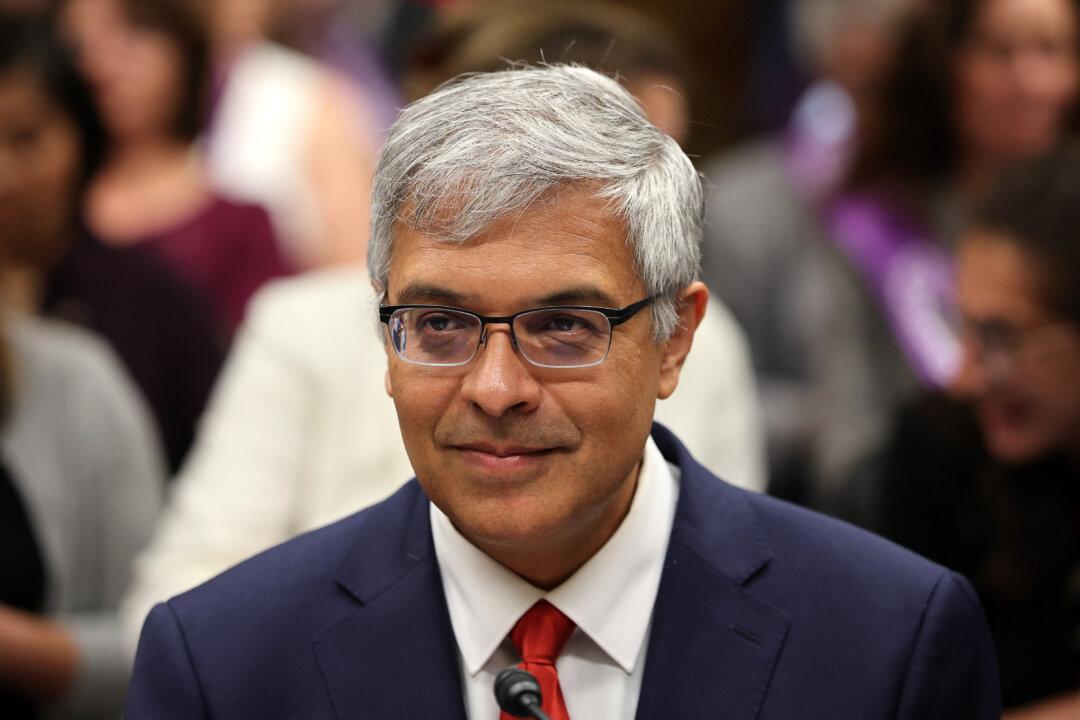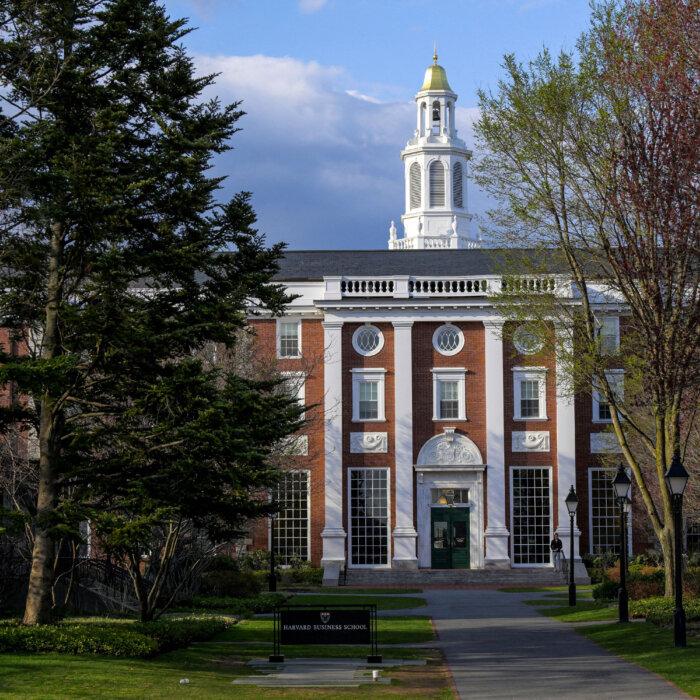Dr. Jay Bhattacharya, director of the National Institutes of Health, said on June 10 that he hopes the Trump administration can reach settlements with universities whose research grants have been suspended.
That includes Harvard University, he said. Administration officials have canceled billions in grants to Harvard after it declined to change policies on anti-Semitism and diversity, equity, and inclusion.
Bhattacharya told senators he has worked to make sure certain grants, including for clinical trials, have not been paused.
Sen. Dick Durbin (D-Ill.) had told the NIH director that he was concerned about universities not receiving funding for months.
During the hearing, Sen. Susan Collins (R-Maine) said that the proposed reduction “is so disturbing” and that it “would undo years of congressional investment in NIH” and “would delay or stop effective treatments and cures from being developed.”
There’s also a risk the United States will fall behind China and other countries in terms of biomedical research if the cuts are implemented, senators said.
Bhattacharya said in the hearing that he’s committed to helping the United States be the leading nation for biomedicine.
“From what I understand, this budget is a collaborative effort between Congress and the administration,” he said. “I look forward to working with you all to advance the needs, the real health needs ... of all Americans.”
“We’ve worked to make sure that no patients enrolled in the clinical trials ... have any delay in their care,” Bhattacharya told senators.
He also said that he’s set up a way for researchers to appeal canceled grants and that officials are quickly working through appeals that have been lodged.
“I’ve established a process for appeals for those grant terminations and decisions, and hundreds of people have appealed,” he said. “It won’t take 18 months. It'll take weeks to get through those appeals. We’ve reversed many of them. I didn’t take this job to terminate grants.”







